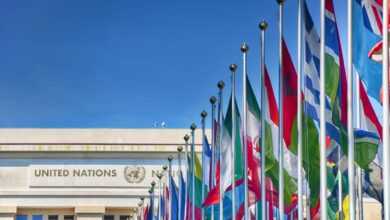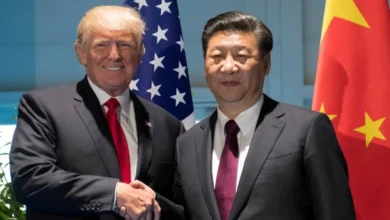WHO Warns of Antifungal Drug Shortage and Urgent Need for Research to Combat Invasive Fungal Diseases

Urgent Need for Investment in Research and Development to Combat Invasive Fungal Diseases, Says WHO
On Tuesday, the World Health Organization (WHO) released its first reports highlighting the critical shortage of medications and diagnostic tools for invasive fungal diseases. The reports stress the urgent necessity to invest in research and development (R&D) to address these key gaps.
Fungal infections present an increasing public health challenge. Common infections, such as candidiasis, are becoming increasingly resistant to available treatments, primarily affecting severely ill patients and those with weakened immune systems, such as individuals undergoing chemotherapy, living with HIV, or having received organ transplants.
“ invasive fungal infections threaten the lives of the most vulnerable, yet many countries lack the necessary treatments to save these lives,” stated Yukiko Nakatani, Acting Deputy Director-General of WHO for antimicrobial resistance, in a press release.
Fungi classified as “critical priority” on the WHO’s list of priority fungal pathogens are associated with mortality rates reaching up to 88%. As therapeutic advancements continue and the population of individuals with immunocompromising conditions grows, the incidence of invasive fungal diseases is expected to rise as well.
However, the situation is complex: access to diagnostic tools is limited, antifungal medications are insufficient, and the process of researching and developing new treatments is slow and intricate, according to the WHO.
The WHO report indicates that over the past decade, only four new antifungal molecules have been approved by health authorities in the United States, the European Union, and China. Currently, nine antifungal medications are undergoing clinical development to combat the most dangerous fungi.
Current antifungal treatments pose several challenges: severe side effects, frequent drug interactions, limited dosage forms, and the necessity of prolonged hospitalizations.
In light of these challenges, the WHO emphasizes the urgent need to develop safer and more effective antifungal medications to reduce the requirement for continuous monitoring. The organization recommends strengthening global surveillance, expanding financial incentives to encourage the discovery of new medications, funding fundamental research to identify new therapeutic targets, and exploring treatments that enhance patients’ immune responses.






